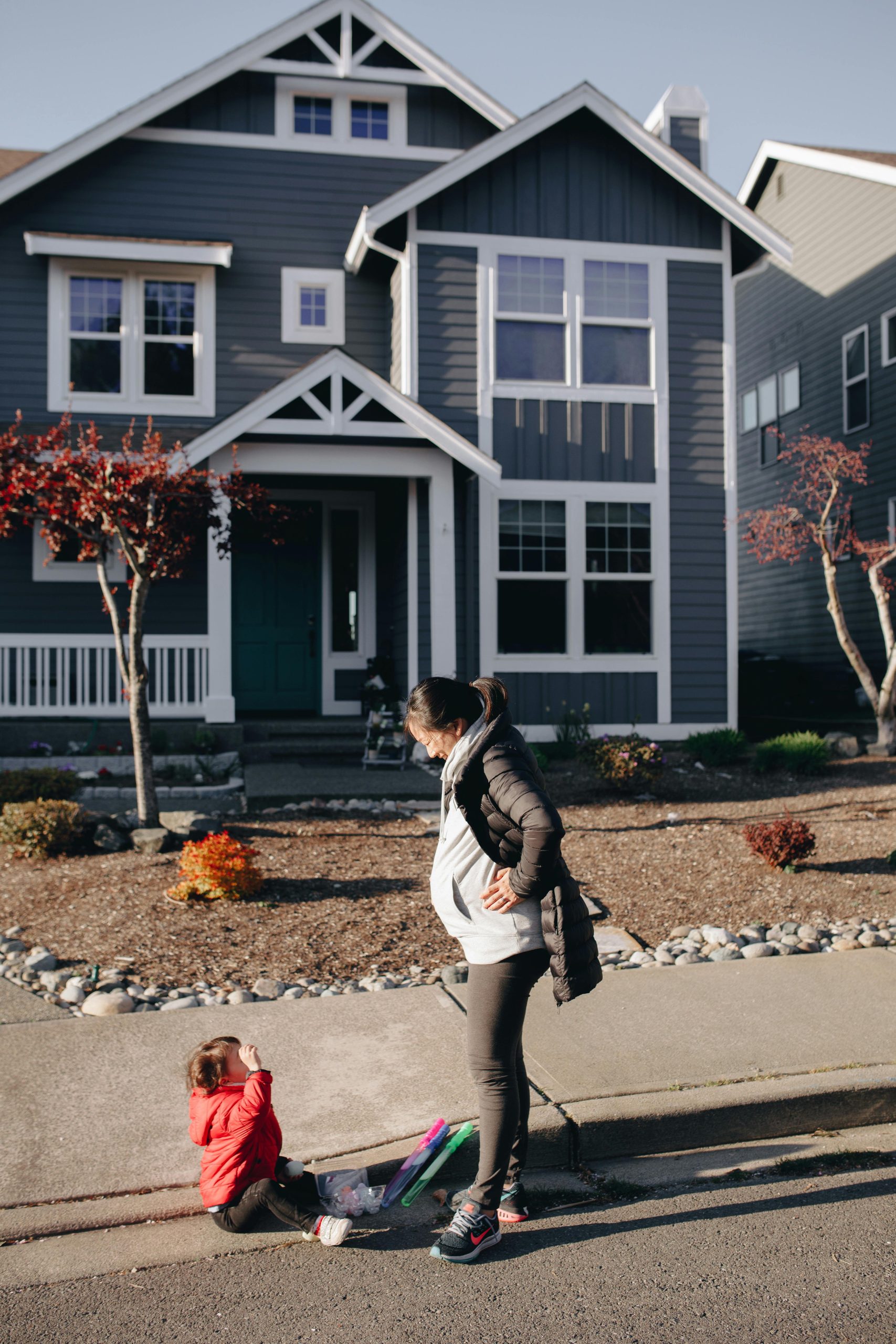Navigating Waste Management Challenges in Suburban Areas
Living in the suburbs often presents a unique set of challenges, and waste management is no exception. Suburban areas, with their distinct layouts and community dynamics, frequently face specific issues related to rubbish collection and disposal. Understanding these challenges can help residents better manage their waste and contribute to a cleaner environment.
The Suburban Waste Management Landscape
Suburban neighborhoods typically boast larger residential spaces and more green areas than urban centers. However, this can lead to a greater volume of waste, both from households and garden maintenance. Managing this increased waste production efficiently is crucial for maintaining the aesthetic and environmental quality of the community.
Common Challenges Faced
-
Overfilled Bins: One of the most frequent issues is overflowing bins. Suburban families often produce significant waste, from everyday household trash to garden clippings, leading to bins that fill up quickly. This can pose an inconvenience, especially if collection services are less frequent than in urban locations.
-
Recycling Confusion: The rules for recycling can vary significantly between municipalities, leading to confusion among residents. Without clear guidelines or adequate information, recyclable materials may end up in the wrong bins, reducing recycling efficiency.
-
Irregular Collection Schedules: In some suburban areas, waste collection services may not be as regular or efficient as those in the city, resulting in longer wait times for bin emptying. This requires households to adapt by managing their waste production more carefully.
-
Wildlife and Pests: Suburbs, closer to natural habitats, often experience issues with wildlife, such as raccoons or foxes overturning bins in search of food. This can cause litter to spread in the community, complicating waste management efforts.
Finding Solutions
To tackle these challenges, residents can take several proactive steps:
-
Advocate for Better Services: Engaging with local councils to advocate for more frequent collection services or improved recycling initiatives can lead to better waste management practices.
-
Utilize Community Resources: Many suburbs offer community centers or composting programs that can help reduce the burden on individual households.
-
Educate and Inform: Staying informed about local waste management policies and recycling guidelines can minimize confusion and ensure that waste is properly sorted and disposed of.
Conclusion
Addressing the intricacies of waste management in suburban areas requires both individual responsibility and community action. By recognizing the challenges and implementing effective strategies, suburban residents can foster a


Thoughts on Improving Waste Management in Suburbia
As a London resident, I’ve noticed similar challenges in waste management in my own area. It’s crucial that we foster a sense of community responsibility when it comes to managing waste, and I believe there are additional steps we can take to tackle these challenges effectively.
Engagement with Local Schools: One often overlooked strategy is partnering with local schools to create educational programs focused on waste management and recycling. Engaging children can instill good habits that spread to families, reinforcing the importance of proper waste disposal. Schools could run competitions or projects to encourage recycling and waste reduction.
Community Cleanup Days: Organizing regular community cleanup events can significantly improve our neighborhood’s waste situation. These events not only address immediate litter issues but also promote community spirit and awareness about the importance of keeping our environment clean. Perhaps we could coordinate with local businesses to sponsor these events as a way of giving back to the community.
Digital Platforms for Coordination: We could leverage digital platforms or social media groups where residents can report overflowing bins or share recycling tips. A simple app or a dedicated WhatsApp group could facilitate better communication between residents and waste management services, ensuring timely responses to issues as they arise.
Incentives for Compliance: Finally, it might be beneficial for local councils to consider offering incentives for residents